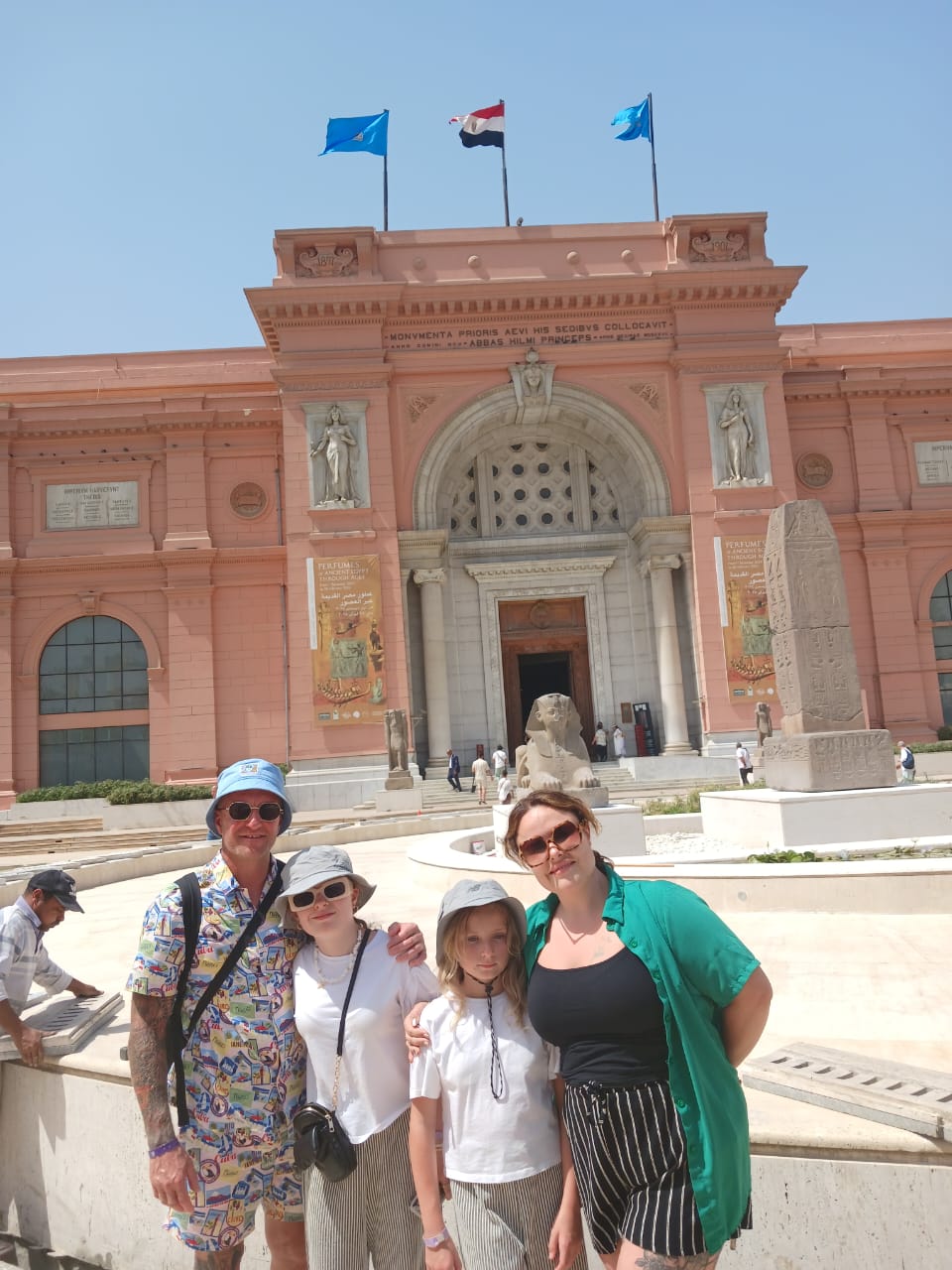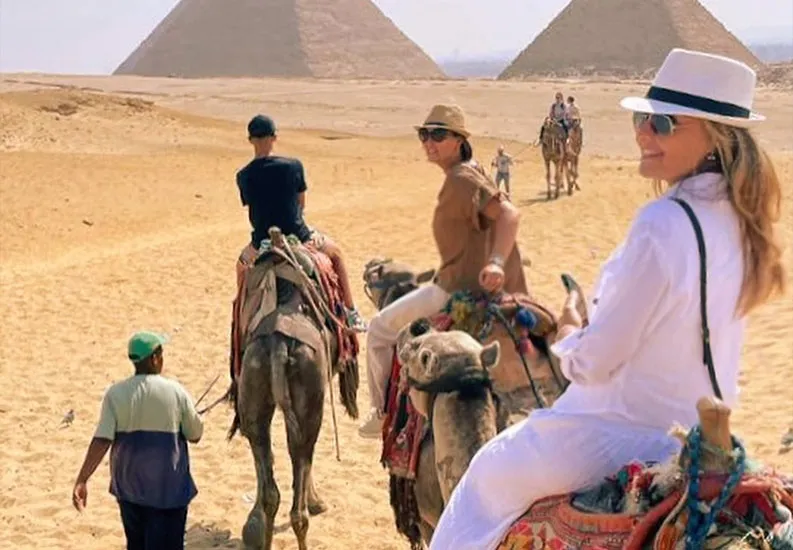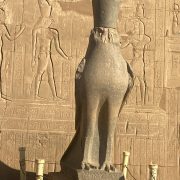
Is Egypt Safe to Visit? Debunking Common Myths
Travel in Egypt is an unforgettable experience, but many prospective visitors have questions about safety and local customs. This guide will help you navigate common concerns and prepare you for a smooth, enjoyable trip.
“Is Egypt safe to travel?” is one of the most common questions from tourists. The short answer is yes, it is safe to visit Egypt, especially in the main tourist areas. The Egyptian government has invested heavily in security measures to protect its vital tourism industry.
What You Should Know:
- Security Presence: You’ll notice a strong security presence, including tourism police, at major archaeological sites, hotels, and airports. This is a measure designed to ensure your safety and is a sign that the government is taking tourism security seriously.
- Crime: Petty crime like pickpocketing and scams can occur, just as in any major city around the world. Being aware of your surroundings and using common sense will help you avoid these issues.
- Current Travel Advisories: It’s important to stay informed. While the main tourist circuit (Cairo, Luxor, Aswan, and the Red Sea resorts) is generally safe, some foreign governments advise against travel to specific, remote border regions and parts of the Sinai Peninsula. Always check the latest travel advisories from your home country before you go.
- Scams: Tourists may encounter persistent vendors and “helpful” locals who offer services and then demand a high fee. The best way to handle this is to politely but firmly say “no, thank you” and keep walking. Booking tours with a reputable company like Egydiscovery.com is a great way to avoid these situations, as your guide will help manage interactions.
Key Takeaway: For the vast majority of travelers, safety in Egypt comes down to being a smart, informed tourist and using a trusted tour operator.
A Guide to Tipping (Baksheesh) in Egypt
“Baksheesh,” a term for tipping, is a deeply ingrained part of Egyptian culture. It’s not just about a service charge on a bill; it’s a way of life, a token of appreciation for a small service rendered. Understanding how and when to tip is essential to a smooth travel experience.
How to Give Baksheesh:
- Always Have Small Bills: This is the most important rule. You will need small denominations of Egyptian Pounds (EGP) for everything from public restrooms to small services.
- Be Discreet: Try to give tips subtly, perhaps with a handshake. This shows respect and avoids drawing attention.
- It’s for Small Services: You might be asked for a small tip for things you wouldn’t expect in other countries, like taking a photo with a camel, using a public restroom, or a local offering to open a door. A few EGP are usually sufficient.
Tipping Guidelines:
- Restaurants: A 10-15% tip is customary, even if a service charge is already on the bill (as this often goes to the restaurant, not the staff).
- Tour Guides: A tip is highly appreciated and should reflect the quality of service. A general guideline is around EGP 100-200 per day for a knowledgeable and helpful guide.
- Drivers: For a private driver who is with you for the day, a tip of EGP 50-100 is appropriate. For a short taxi ride, you can simply round up the fare.
- Hotel Staff: For porters, EGP 10-20 per bag is standard. For housekeeping, leave a small tip of EGP 20-30 per day on your pillow or in a note to ensure it goes to the right person.
Key Takeaway: Don’t view baksheesh as a burden. Instead, see it as a way to engage with the local economy and show appreciation for the hard work of the people who make your trip possible.
Recent Posts
Cairo’s Hidden Gems: Baron Palace, Abdeen Palace & More Offbeat Treasures
Alexandria Day Tour from Cairo: Is It Worth It? A 2026 Guide
Mısır’da Gidilmesi Gereken Yerler: Tarihin ve Maceranın Buluşma Noktası
All Categories

Private Tours




